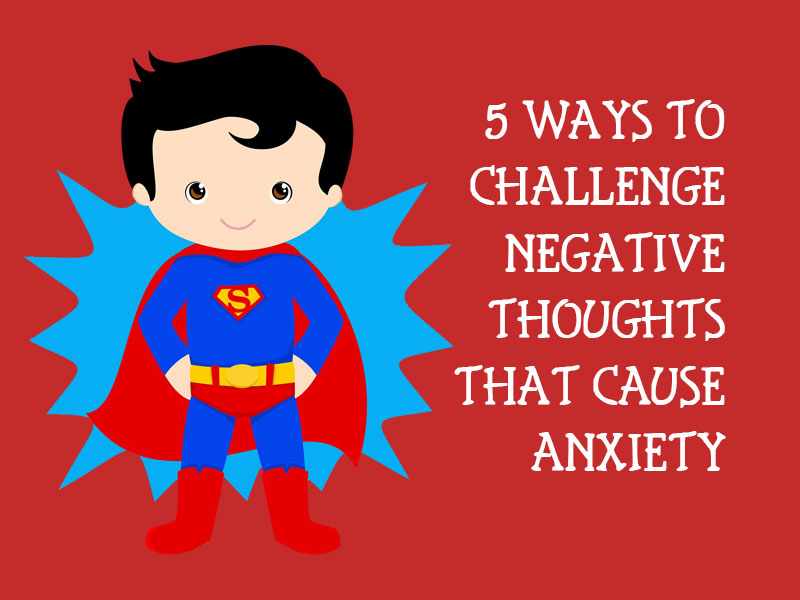Does Being Strict Make for an Anxious Unhappy Child?

This is a conversation I’ve had over the years with many parents and other friends. It raised its head again recently when I read a book by Amy Chua called Battle Hymn of the Tiger Mother. Who could resist such a title??
An anxious unhappy child is something we all don’t want to see – but “tiger mother” and “battle hymn” sound rather too warlike in the parenting realms to my Western ears! Being strict, yes, but where’s the line in the sand?
So here, I’m going to simply draw some comparisons from the book and see what stands out as interesting to take note of. We are, after all, facing unprecedented amounts of anxious, unhappy children. Has being strict or not being strict enough anything to do with it?
Let’s start by noting that this book is somewhat witty and that the term “Chinese mother” can apply to other parents. And that Western parents come in many guises. Please grant me that indulgence (and Amy) as you continue reading!
Three differences in our mindsets about being strict with your child
Self-esteem seems important to us to build. If you’re first generation Chinese you will find that “us” off-putting, for which I apologise. I’m referring to Western parents, of which I’m one. So – we’re tactful about failure in case we ruin their self-esteem. Chinese parents have traditionally – according to Amy – expected their children to show inner strength and improve, never mind their self-esteem.
In the West, we feel our children owe us nothing; Chinese parents invest in them and expect gratitude and pay-back via achievement. (Do you realise how hard it is for me to write this, believing that you can’t generalise in this way? I’m reflecting Amy Chua’s book, remember!)
Chinese parents know what’s best for their child and make their choices for them. We tend to ask our child’s opinion on many things. Have we taken this too far? Who knows?!
Giving up? Or pushing to improve by being strict?
Chinese parents, according to Chua, assume failure will happen at the start of any activity. So they insist on the child continuing.
However anxious and unhappy they are, they have to carry on – and then mostly realise the fun when they get good.
Western parents, on the other hand have a tendency to let an anxious unhappy child stop the activity and try one they prefer. Maybe we’re missing out on proving to a child they can improve? But there must be a line somewhere, surely.
Is seeking happiness the way to avoid an unhappy anxious child?
Chua believes fun and happiness are not involved in child rearing. They pile on the studying and extra-curricular activities – and yet Chinese children say they’re happy.
Now, it’s worth noting here that Chua thinks third-generation Chinese children are becoming less willing to be brought up like this. I guess Western culture is catching. But so far, her opinion is that seeking happiness is not necessary for bringing up a child who will be happy and achieve in life.
Harsh words: does being strict damage a child?
The final point I noted was that Chinese parents generally are not averse to comparing their child to another in public, having a favourite child, or telling them something is wrong and to alter themselves. One example given is being a fatty! The Western mind baulks at this.
My thoughts on this book
I’m actually going to leave it to all you wise parents to take or leave the ideas here – or, more probably, choose an in-between stance where you wonder if you could tighten up in some way in some areas or perhaps loosen up a bit in others.
We're all unique in how we view parenting – and so long as we're willing to adjust to what works better, then that's fine by me. Parents who have consulted with me have always taken on board what might work and then adjusted it suit their particular circumstances.
And again, I stress, this is just a group of ideas gained from a book that's written by...
- a second-generation US-based Chinese parent about
- her first-generation upbringing by a tiger mother and
- her own way of upbringing her children that mostly followed suit...
...but also noted how the outcomes were starting to change with future generations of immigrants to the West.
An exercise to help you decide what being strict means for you!
Take a moment to define the opposite of strict for you. What is “not strict”?
You might come up with:
ignore
don’t care
laissez faire
anything goes
no harsh words
gentle persuasion
being willing to change your mind
having only a few rules
consulting first, then deciding etc.
Whatever you decide on, that definition helps you define “strict”.
For example, if you chose “no harsh words” then “strict' is using harsh words. If you chose “anything goes” then “strict” means that only certain things are acceptable.
Finally, think about those your opposites in relation to your definition of an "anxious unhappy child” – and see where they lead you. For example, do harsh words make your child anxious and unhappy, and if so, is there a way to enforce rules with words that upset them less with no harsh words but still achieve results?
Or – does your child feel unhappy because they are only acceptable if they think, speak and behave in a certain way? In which case, how can you allow creativity without blatant boundary breaking?
Get the idea? I don’t think we need to choose between Tiger Mother and Western parenting. Just, we need to consider how we go about parenting and see if changes help our child to develop happily – only being anxious at appropriate times. Give it a go?
And the book?
Amy Chua's book is funny and eminently readable with lots to like and learn from. Give it a read and see!



